We all wish our dinner parties looked like this.
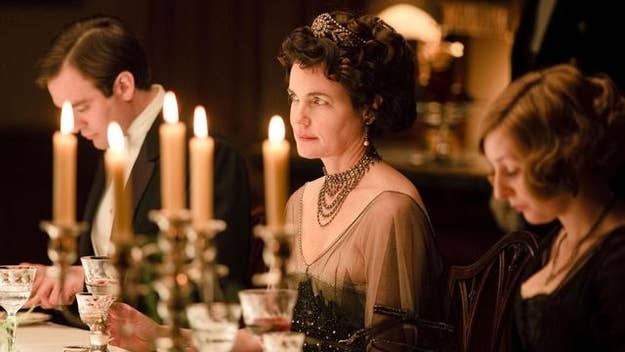
Instead of this.
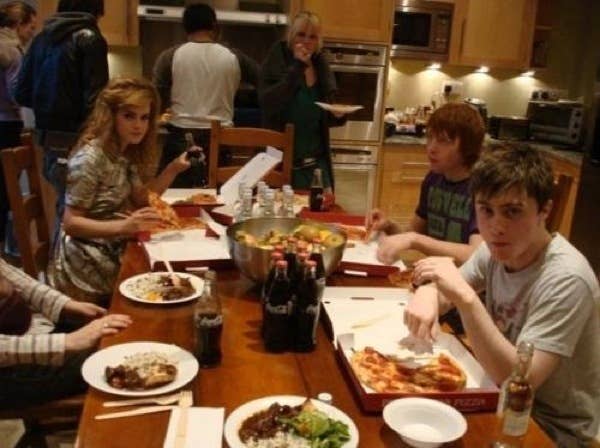
And now they can! Because of this:
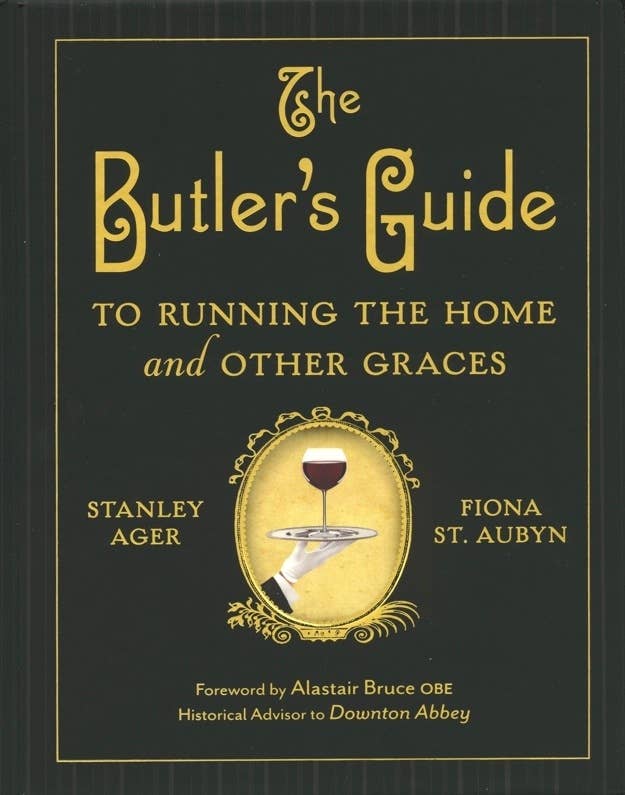
It's a book on how to run a large, formal British household written by Stanley Ager, a British butler. Ager started his 53-year career in 1922 when he was 14 years old, and spent thirty years working for the family at St. Michael's Mount, a castle in Cornwall, England. He worked his way up from footman to head butler.
Now, maybe you don't need a guide to being a butler. But you do need a guide to throwing a Downton Abbey-era dinner party, and Ager's book delivers the goods. Plus, the introduction is written by the show's historical advisor. (And of course, the historian who works on Downton Abbey is named Alastair Bruce.)
Ager writes: "I believe that conversation is the essence of a party, what you eat and drink is the spice of it and a well-laid table hints of what is to come, like the wrapping on a present." Cool, let's try to replicate that attitude.
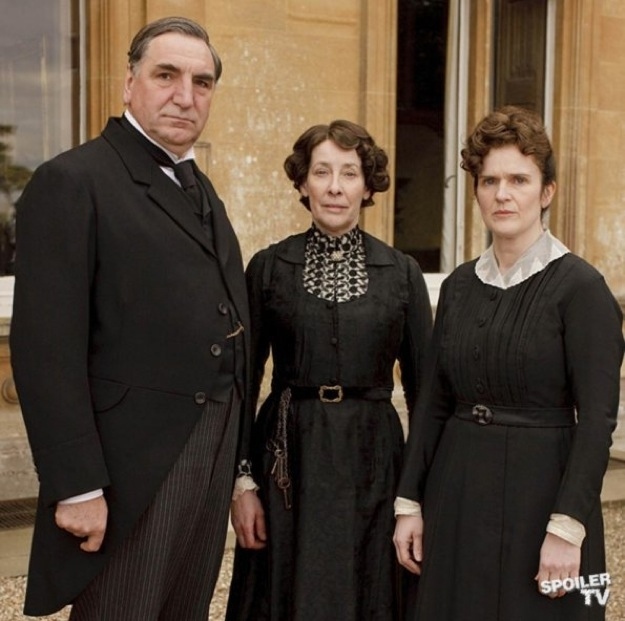

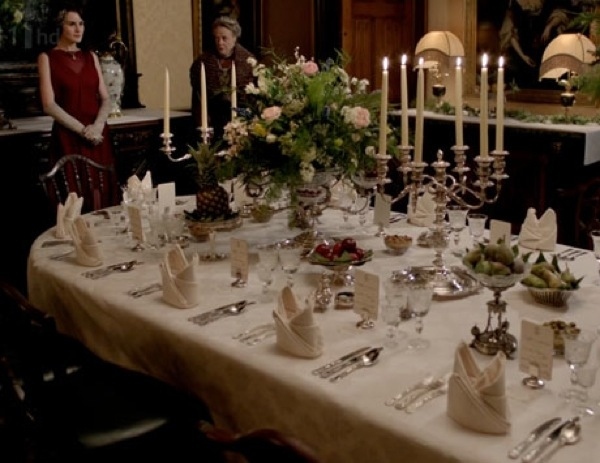
What You'll Need
- A white cloth tablecloth (nothing else will do). Make sure it hangs midway between the floor and the table.
- A wool cloth that goes underneath the formal tablecloth to keep it in place.
- Ager writes that the white napkins you use "should be approximately twenty-four to twenty-six inches on a side." The napkins should be folded in The Bishop's Miter style. You can find the directions here.
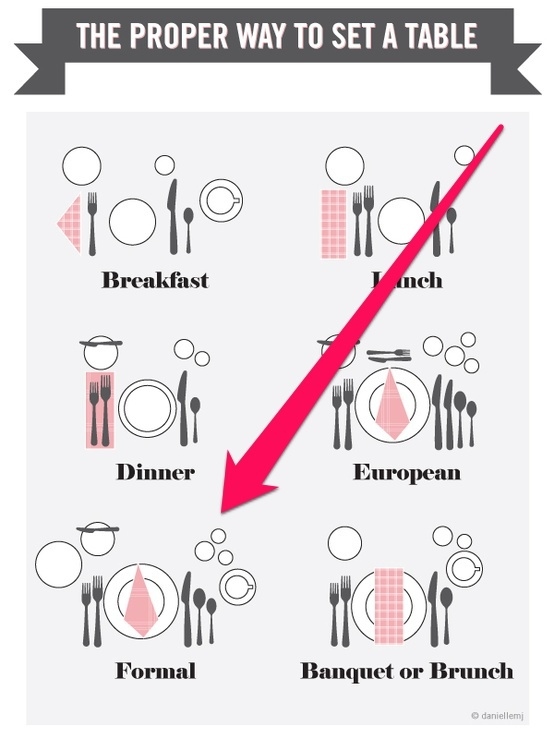
For a historically accurate Downton Abbey dinner party, you would use the formal place setting. Ager says the place setting "must be balanced...[and] must be in line with the centerpiece and candlesticks." For accuracy use a tape measurer.
In Ager's diagram of a place setting, the dinner plate will arrive when the meal is served.
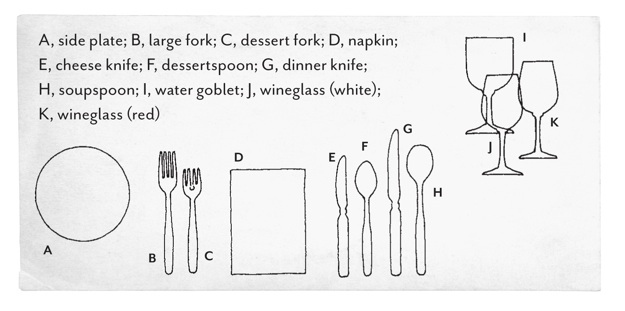

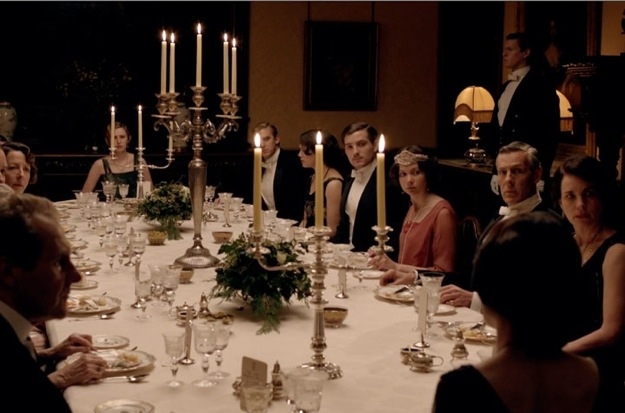
- Use either fruit or flowers (not both) for the centerpiece. If flowers, make sure they don't have a strong scent.
- The only light source should be candlelight. Use long white candles; they should be a little taller than the candlestick. Ensure that their placement doesn't conflict with conversation. If you need light while you are serving food, a small dim light like a side lamp is okay.

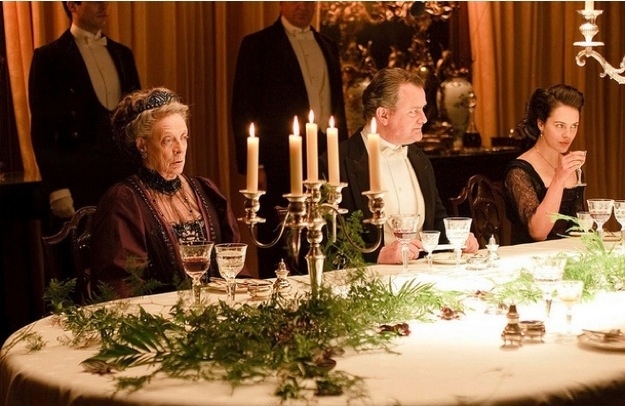
Seating arrangements are a very important part of the meal. Your guests should sit directly across from one another, and before your guests sit down the chairs should be one and a half feet out from the table so that people can sit down with ease. If you have an odd number of guests the host should sit at the head of the table, two guests on either side, and two at the end.
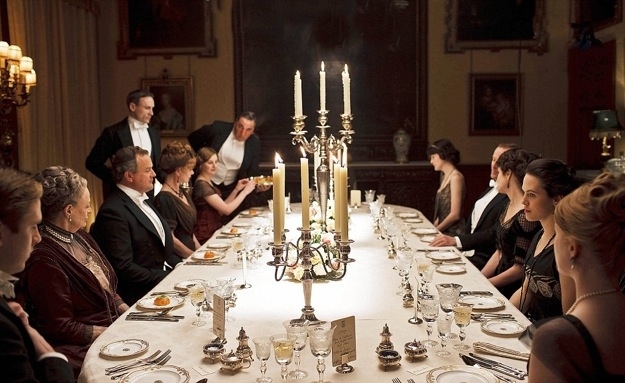
- The head of the house generally sits at the head of the table. Occasionally Lord Grantham sits in the middle of the table across from his wife Cora — we can only assume this is because television has its own set of rules.
- The guest of honor sits next to the head of the house. If he or she brings a guest, that guest sits on the other side of the head of the house.
- The other guests at the table should be arranged by their interests. As Ager writes: Old men don't want to sit next to wild teenagers.

Cocktail Hour
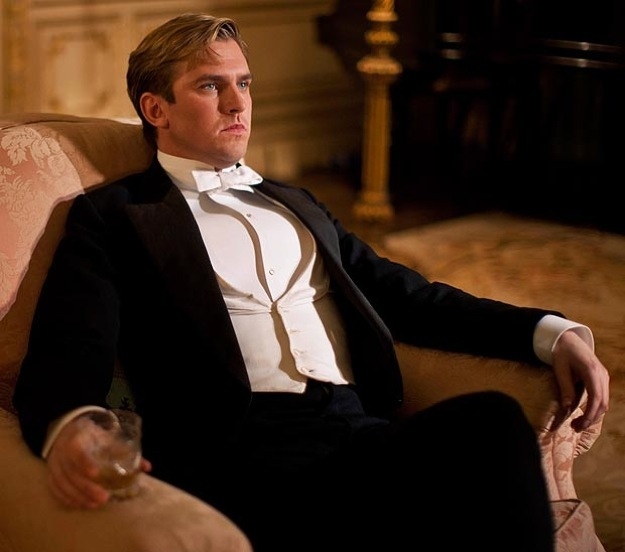
Before dinner you will hold a cocktail hour, which can include sherry or cocktails, but definitely not wine due to its acidity.
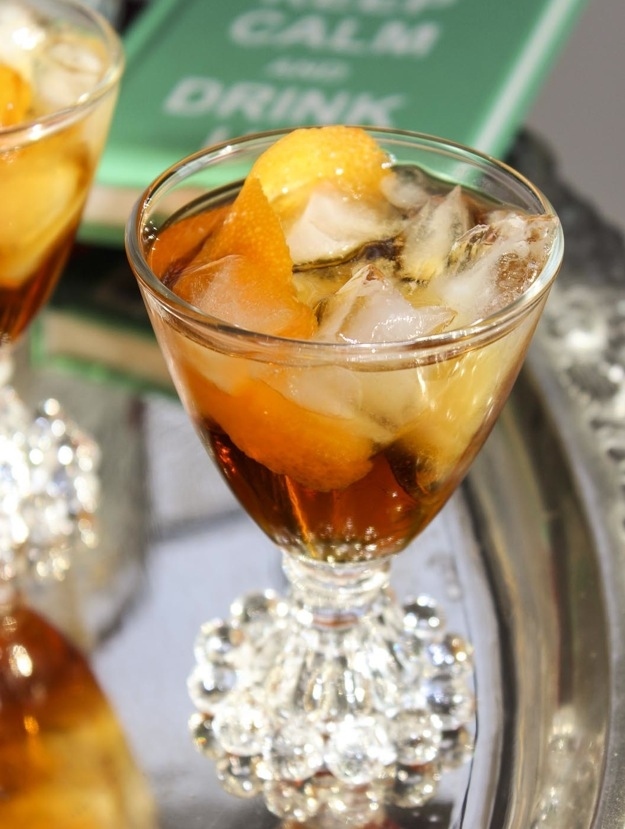
Make this cocktail, The Bittersweet Mr. Bates, with this recipe.
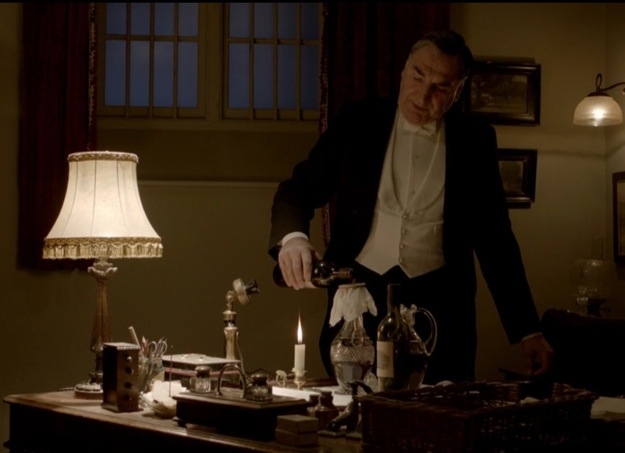
Tips For Wine
- During the meal there should be multiple kinds of wine: white wine with the fish, red wine with the meat, and champagne with dessert.
- After the meal is over, serve coffee. After coffee, serve dessert wines like sherry and port or a digestif. Ager particularly recommends orange Curaçao.
- In the most formal houses, Stanley Ager says the wine was always decanted (poured into a clear, usually glass, vessel) once it was opened. Decanting is visually appealing, prevents the wine from mixing with sediment, and throughly aerates the wine. Slowly (very slowly) pour the wine in order to insure it gets oxygen.
- In the photo above Carson is seen straining the wine for sediment. You can do this by using a linen handkerchief or piece of gauze and putting it over the funnel of the decanter and then pouring the wine into the vessel.

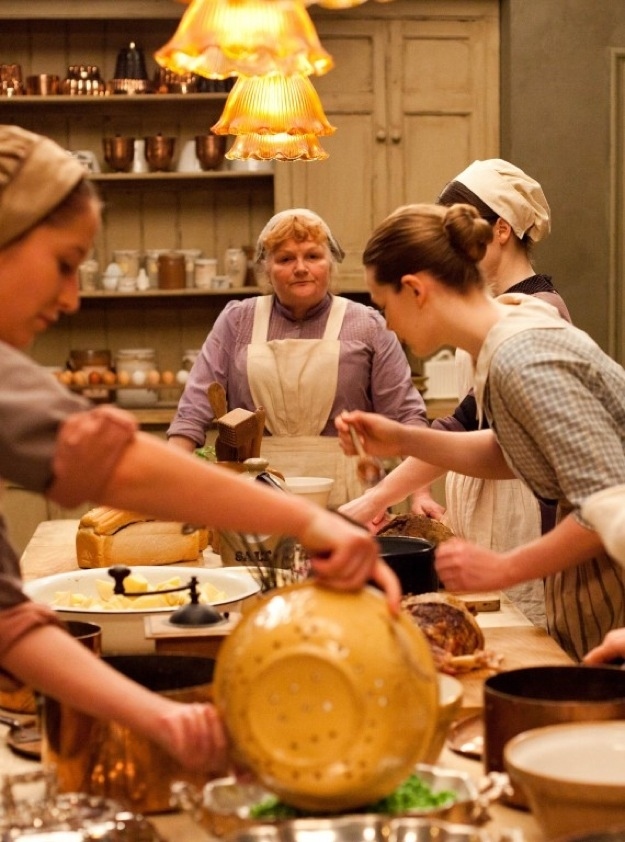
A formal dinner from the era of Downton Abby could include up to twenty-two courses. We'll just show you five that would have been served in that time. For references on more traditional meals you can consult Mrs Beeton, a well known British cookbook writer from the 19th centry, or food writer Pamela Foster's blog downtonabbeycooks.com
Watercress Soup
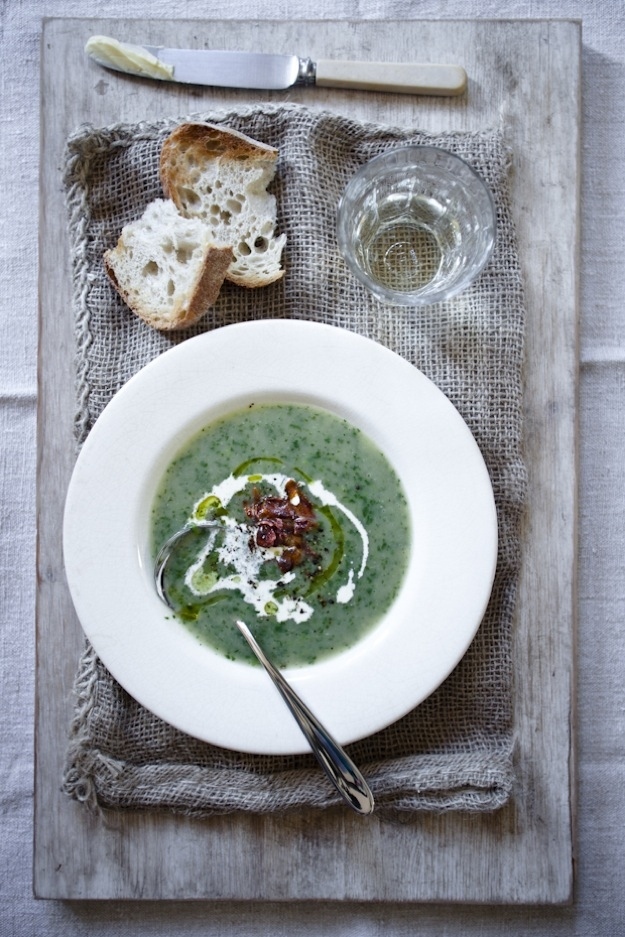
Get the recipe here.
Poached Salmon With Mousseline Sauce
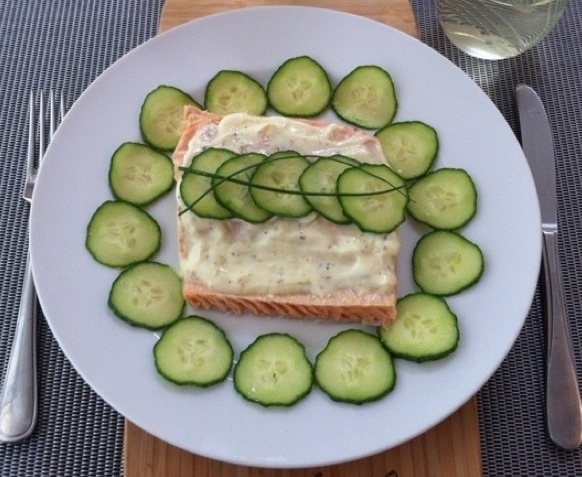
Find the recipe on Downton Abbey Cooks.
Boeuf Bourguignon
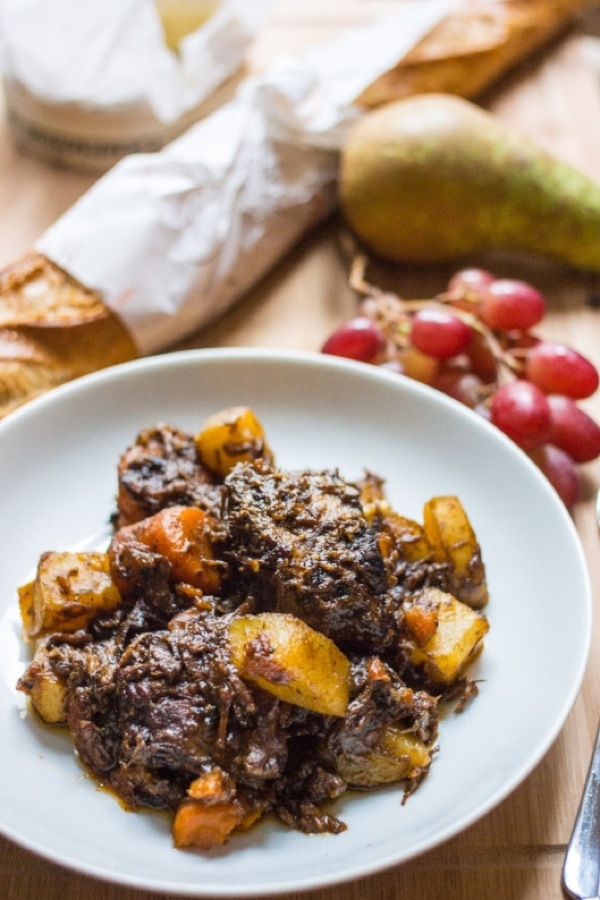
Get the recipe here.
French Green Beans
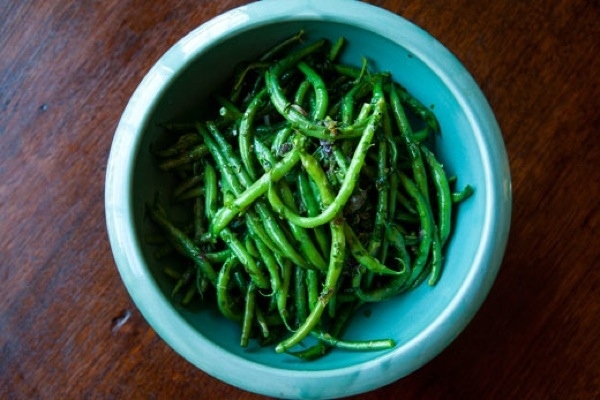
Find the recipe on here.
Raspberry Meringue Pudding
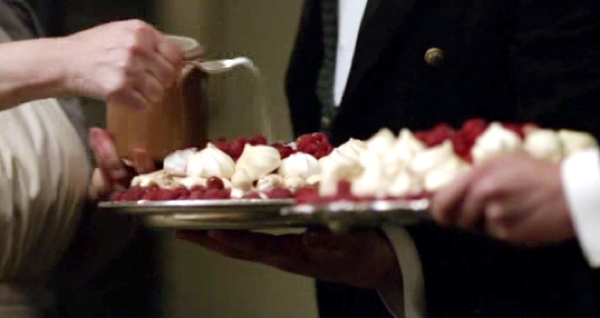
Get the recipe here.

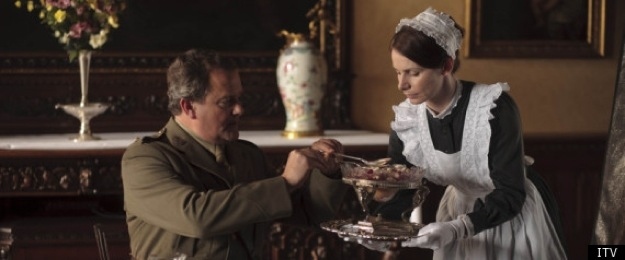
These tips are written for servants. We're assuming you don't have very many of those, but here's what they'd (you'd?) do in a historically accurate scenario:
- Don't talk to the guests, avoid eye contact.
- Walk clockwise around the table.
- Bend at the waist to serve and lower the serving plate to an appropriate height so the guest can easily serve themselves.
- Wear white gloves or hide your serving hand in a napkin so the guests do not see your skin.
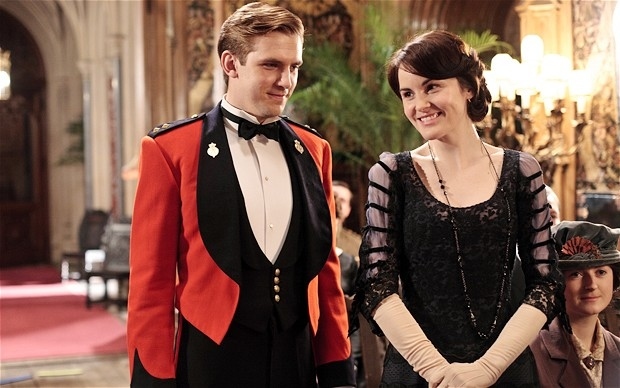
And of course, be sure your friends understand that only formal attire is acceptable.
The photo of the place setting was reprinted from the book The Butler's Guide to Running the Home and Other Graces by Stanley Ager and Fiona St Aubyn. With permission from Clarkson Potter, a division of Random House, Inc.
